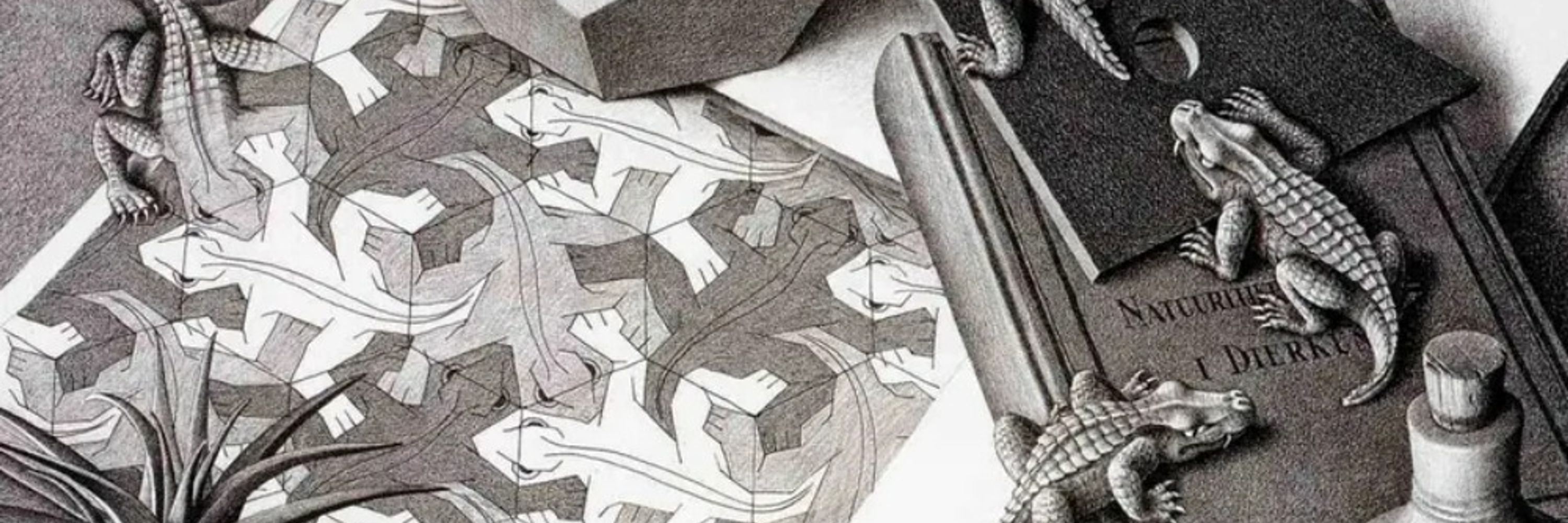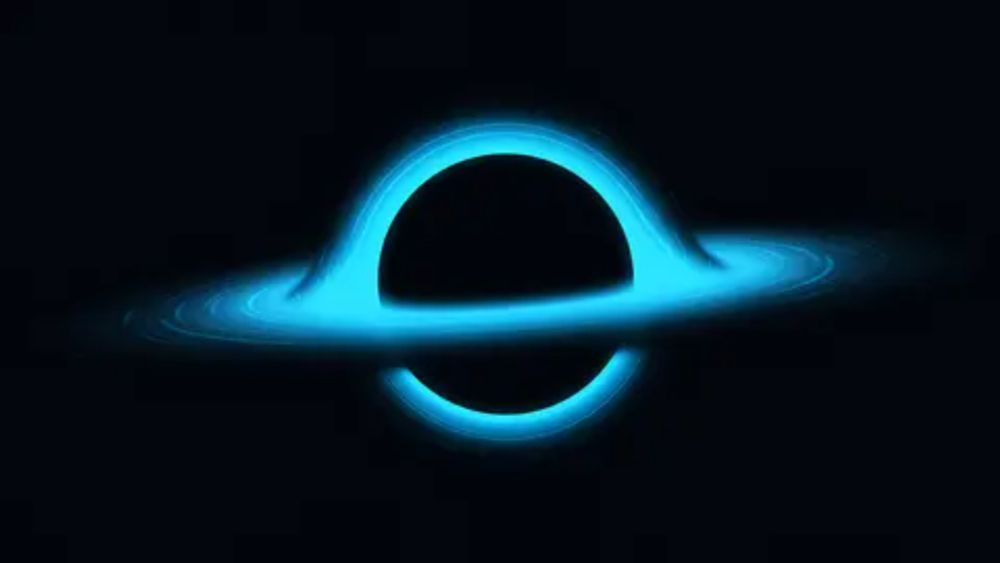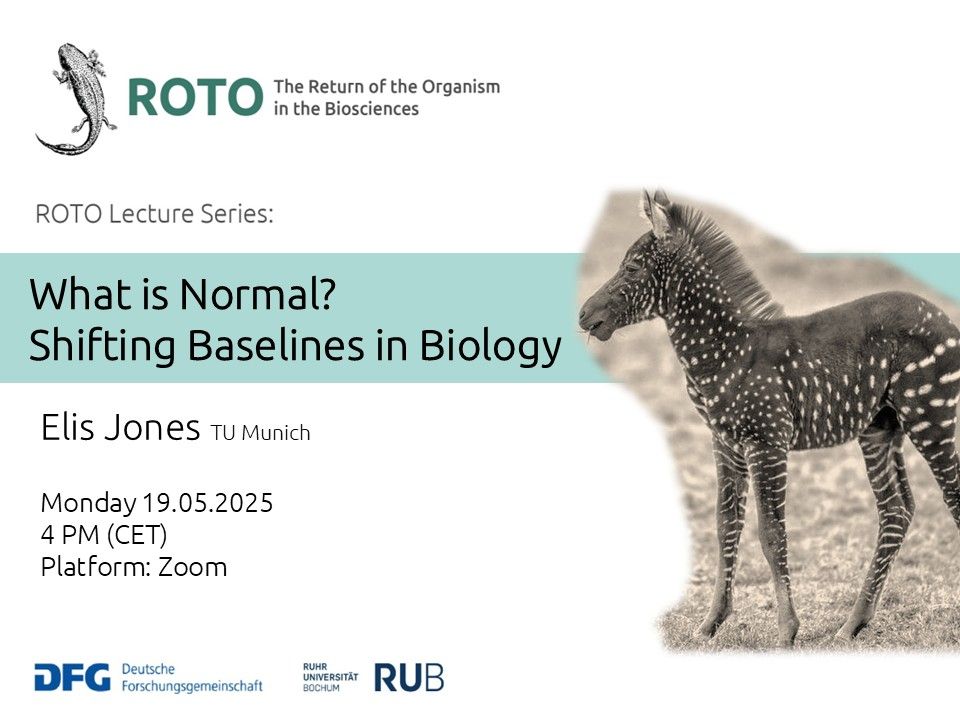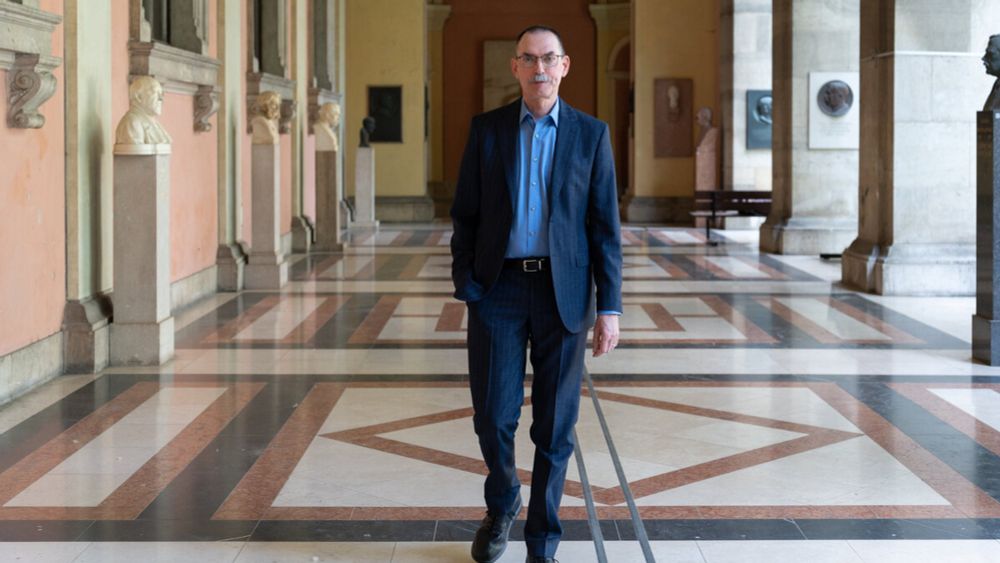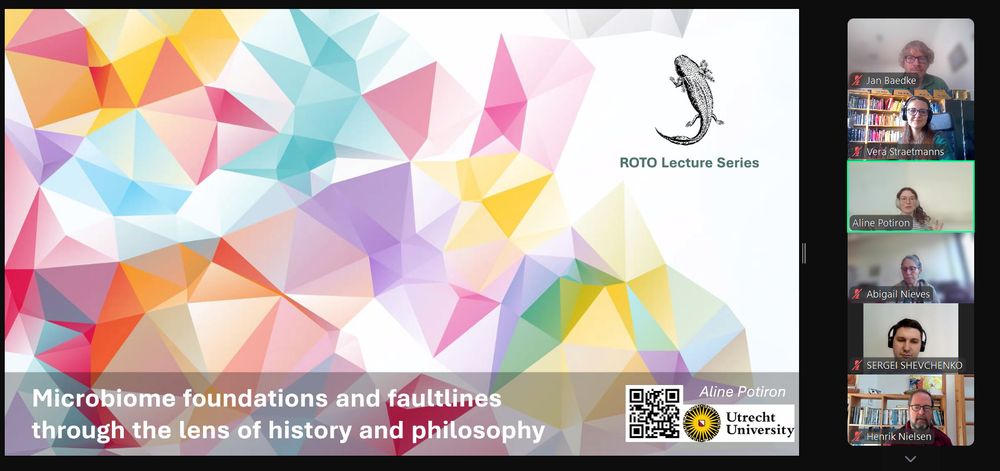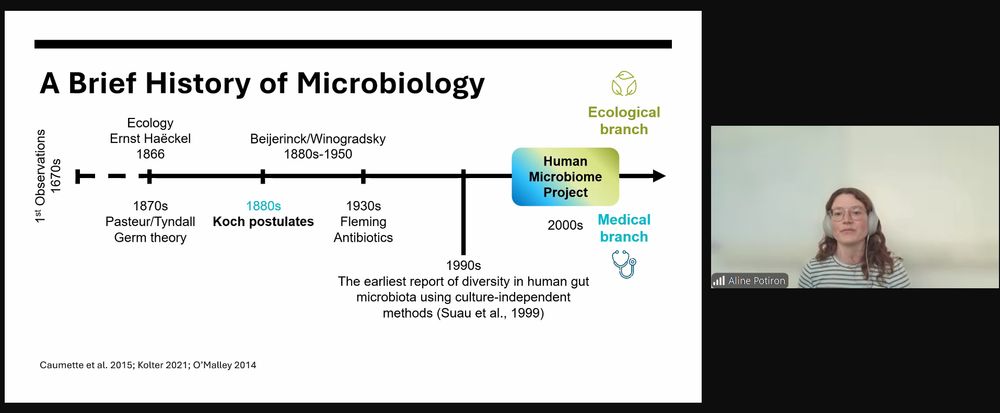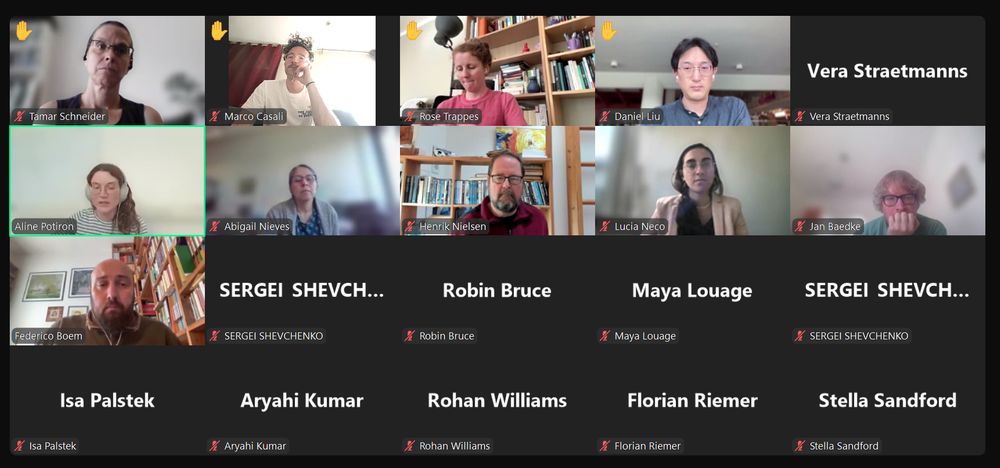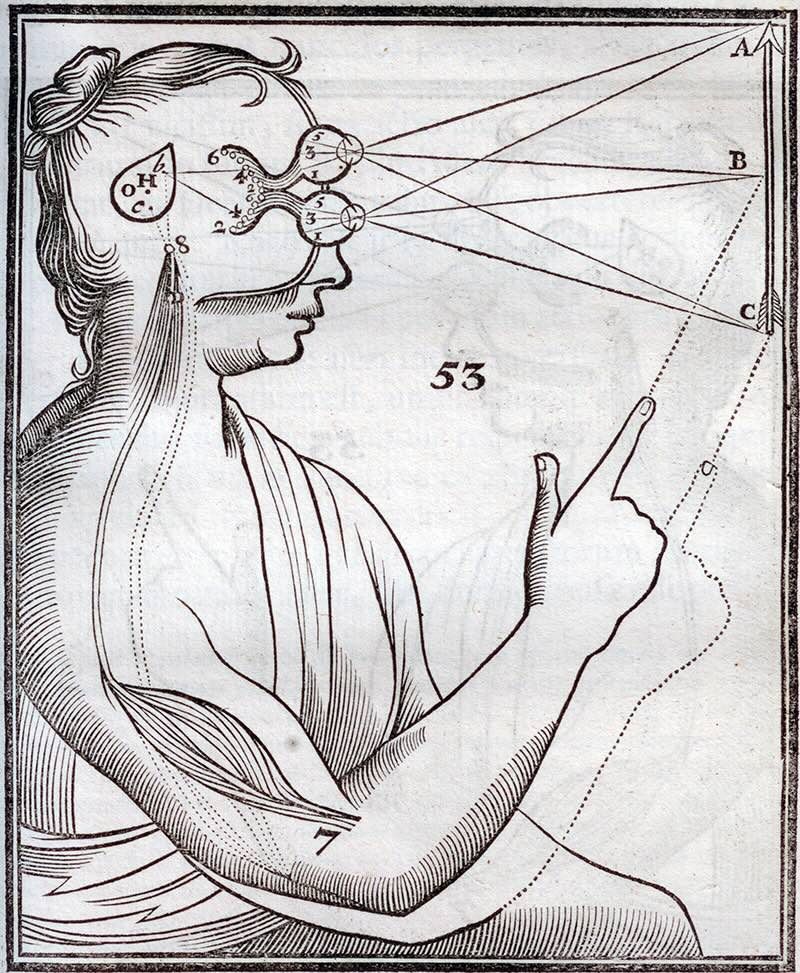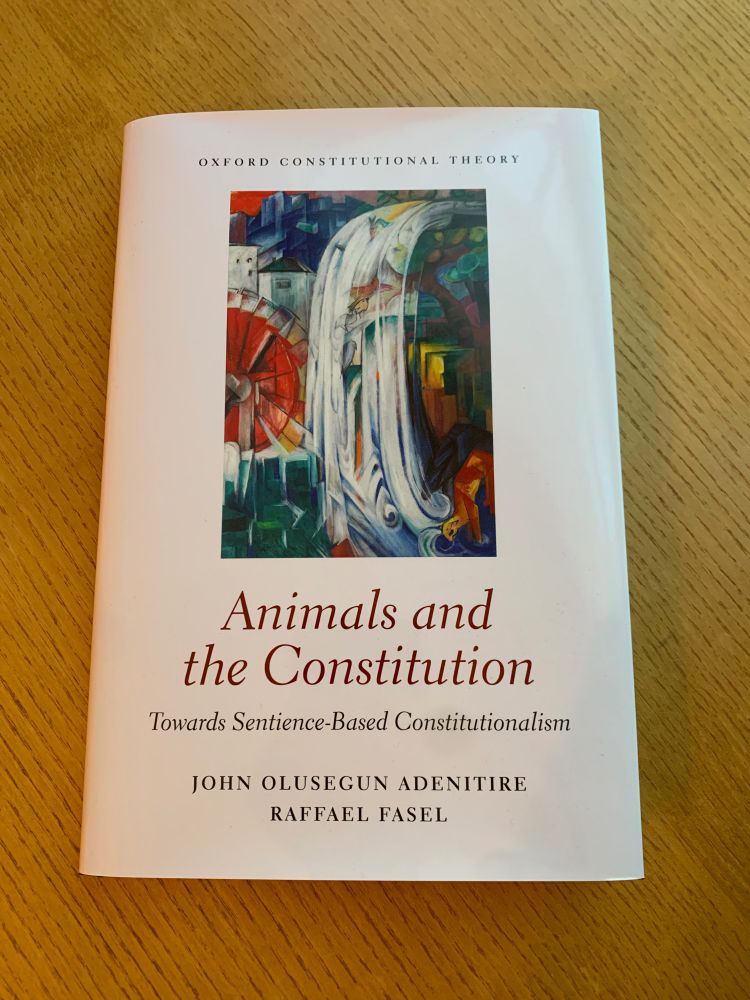Alejandro Fábregas-Tejeda
Mexican Historian & Philosopher of Biology • Postdoctoral Fellow at KU Leuven (@theramseylab.bsky.social) • Book Reviews Editor for @jgps.bsky.social • #PhilSci #HistSci #philsky • Escribo y edito • https://www.alejandrofabregastejeda.com
- [Not loaded yet]
- [Not loaded yet]
- If you happen to see a friend across the street, odds are you might raise an arm and wiggle your hand to say hello. Cuttlefish apparently do something similar—and that’s not the only arm gesture they use to communicate. Learn more: scim.ag/4j5nmQv
- Black holes exemplify Zeno's paradoxes of motion, & the proper reaction is to conclude, as did Jorge Luis Borges in his essay on Zeno, that Kant's transcendental idealism is right. So argues William Egginton in this v. fun article for @iai.tv - bit.ly/42Wd3JC #philsky #philosophy #philsci #physics
- Borges: we have “dreamt the world. We have dreamt it as firm, mysterious, visible, ubiquitous in space and durable in time; but in its architecture we have allowed tenuous and eternal crevices of unreason that tell us it is false.” #philsky #philosophy #philsci #physics #booksky
- [Not loaded yet]
- Next week, we welcome @elisj.bsky.social (TU Munich) in our ROTO Lecture Series. He will ask "What is normal?" and talk about shifting baselines in biology. Just register via this link to participate: rotorub.wordpress.com/roto-lecture... 🦓 #HPBio #PhilSci
- [Not loaded yet]
- One of these days, I'll have to write up the conceptual framework I use to teach #scicomm (focusing on the cross-disciplinary comms needed for collabs, funding, public engagement). It's an embedded, enactive, embodied approach that frames academic comms settings as affordances. #philscicomm
- [Not loaded yet]
- From Café Central to the University of Vienna, philosopher @martinkusch.bsky.social takes us for a walk through Vienna's intellectual scenes. Examining how past #philosophers like Wittgenstein worked through issues of their time, Kusch finds the tools to tackle troubles of our own. ⤵️ #philsky 🗃🧠
- [Not loaded yet]
- [Not loaded yet]
- I wrote about close reading. What it is, why it matters, and what John Guillory gets right and wrong in his recent On Close Reading. Offers a sneak peek of a little of what @johannawinant.bsky.social and I are up to in our forthcoming Close Reading for the 21C www.thenation.com/article/soci...
- [Not loaded yet]
- 🤔 Thinking about a career outside of academia? 📅 At the end of May we will welcome Dr. Christina Konen, scientific editor at Neuron, who will give an insight into her work! Taking place at our MPI in Munich and open to everyone. 🔗 All details here: www.psych.mpg.de/seminars #neuroskyence
- [Not loaded yet]
- [Not loaded yet]
- [Not loaded yet]
- [Not loaded yet]
- [Not loaded yet]
- [Not loaded yet]
- [Not loaded yet]
- [Not loaded yet]
- [Not loaded yet]
- [Not loaded yet]
- [Not loaded yet]
- [Not loaded yet]
- [Not loaded yet]
- [Not loaded yet]
- [Not loaded yet]
- Saying goodbye now. I'm in hospice care
- Plenary with the authors of an #HistSci classic, and the first time, apparently, that the chair, John Tresch, sees Stephen Shapin and Simon Schaffer in the same room.
- [Not loaded yet]
- [Not loaded yet]
- [Not loaded yet]
- [Not loaded yet]
- [Not loaded yet]
- [Not loaded yet]
- [Not loaded yet]
- Why is Descartes' name synonymous with mind-body dualism, why was he so convinced by this theory, and how did he explain vital activities in the body if there is no "soul"? Find out the answers on today's new podcast: www.historyofphilosophy.net/descartes-du... #hopwag #philsky #descartes #mind
- [Not loaded yet]
- [Not loaded yet]
- [Not loaded yet]
- [Not loaded yet]
- [Not loaded yet]
- [This post could not be retrieved]
- Thrilled to have received the first copies of my new book (co-authored with the wonderful John Adenitire). Very grateful to the team at #OxfordUniversityPress and the editors of the Oxford Constitutional Theory series for their support.
- [Not loaded yet]
- 1/3 Chimpanzee percussion is rhythmic and different between western and eastern chimpanzees. These differences are maintained despite environmental changes (24 years analyzed), the authors point to a cultural or social origin. (paper) www.cell.com/current-biol...
